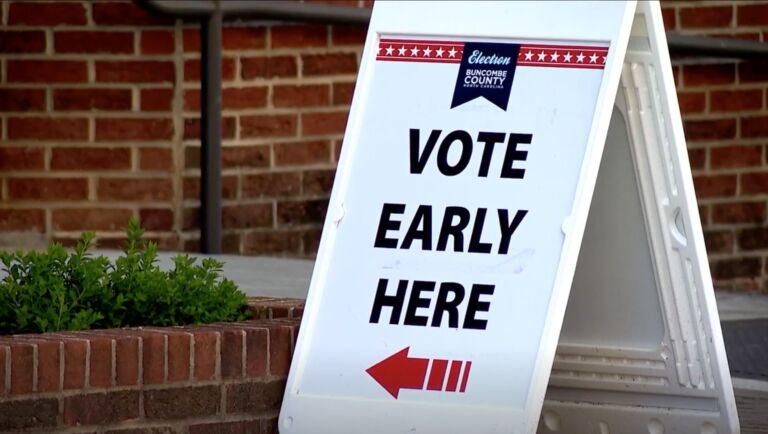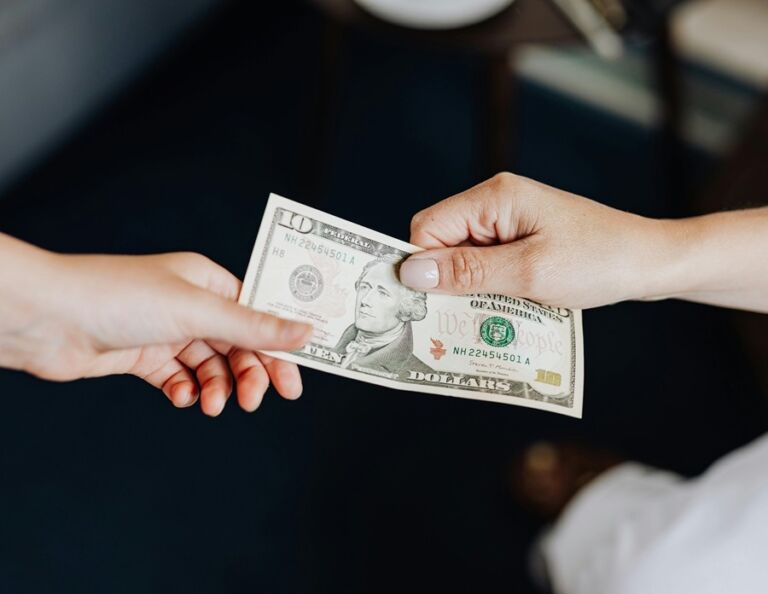Charles C.W. Cooke offers National Review Online readers an account of a disturbing incident that highlights one of the unintended consequences of a society that fosters too much dependence on government.
On Saturday, Louisiana’s “EBT” system malfunctioned, causing spending limits on users’ food-stamp cards temporarily to be lifted. In two counties at least, recipients noticed the error, spread the word, and set about trying to check out as much as they could fit into shopping carts. At Walmarts in the towns of Springhill and Mansfield, employees called corporate headquarters to ask what they should do. They were instructed to “keep the registers ringing.” This they did — and with a vengeance.
By the time that proper limits on the cards had been restored a couple of hours later, the shelves had been all but stripped bare. “Just about everything is gone, I’ve never seen it in that condition,” Anthony Fuller, a customer in Mansfield, told the press. Will Lyn, the chief of police in nearby Springhill, agreed, telling the Daily Mail that “it was definitely worse than Black Friday. It was worse than anything we had ever seen in this town. There was no food left on any of the shelves, and no meat left. The grocery part of Walmart was totally decimated.” One man even managed to spend $700.
“I saw people drag out eight to ten grocery carts,” Lynd reported. Those who did not manage to take advantage in time simply abandoned their hauls in the middle of the aisles.
“Contrary to rumors,” CBS proclaimed, “nobody was unruly or arrested and [the police] were mainly there to help prevent shoplifting and theft.” Given the circumstances, “preventing theft” is a rather peculiar way of describing the behavior of officers who stood and watched the incident. Whether or not local authorities had legal cause to arrest the shoppers on the spot, there really should be no doubt that widespread theft took place — or, perhaps, that widespread fraud took place. Neither that the beneficiaries evidently believe that they could get away with it, nor that the victim was the unsympathetically anonymous mass of Louisianan and federal taxpayers alters the plain fact. This was a crime.


